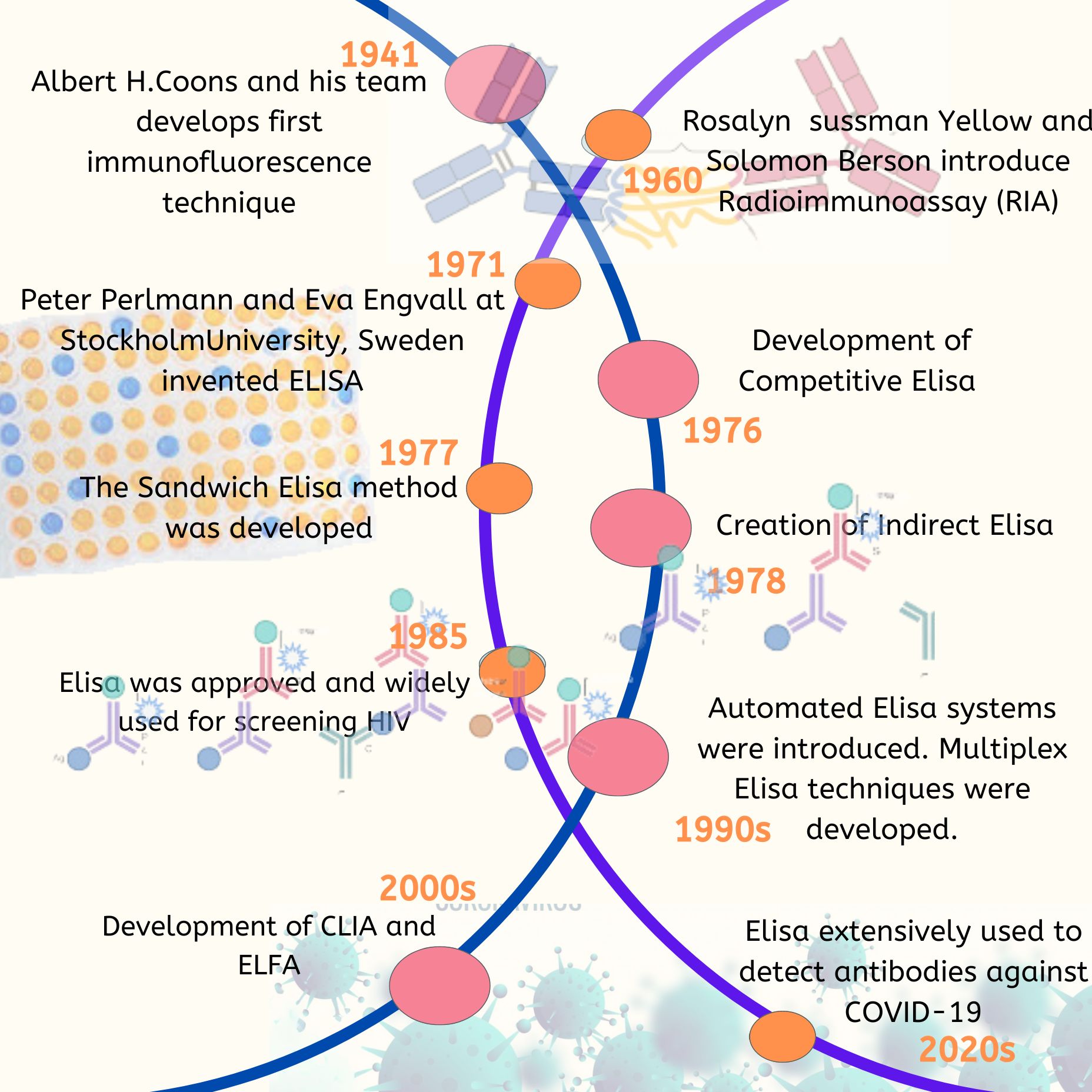Alcoholism involves problems such as lack of control over alcohol consumption often resulting in the excess drinking. The severe drinking problem is known as alcohol use disorder and has affected 17 million adults in the United States in 2012. The binge drinking poses health hazard when males consume more than five drinks in a period of two hours and females consume more than four. The excess consumption of alcohol can affect the individual’s health and causes alcohol-related health problems. This can include developing cancer, damage to the liver, brain, gastritis, heart disease, withdrawal seizures and ulcers. Individuals can seek help if suspected of alcohol dependence. In most cases, denial is common, so it’s difficult for an individual to recognize their alcohol-related problems.
Symptoms
One of the major warning sign of alcoholism includes the tolerance test when individuals require more alcohol to feel the same effect. The alcohol use disorder can either be mild, moderate or severe. Some of the symptoms include;
- Unsuccessful attempts to reduce the intake
- A strong craving for drink
- Drinking takes priority to other social obligations
- Continuing to drink even when faced with social and health problems
- Consumption of alcohol in situations that can cause physical harm including swimming, driving or using machinery at work
- Experiencing withdrawal symptoms such as shaking, sweating and nausea
Causes
The cause of drinking alcohol can be attributed to psychological, social and environmental factors. The excess amount of alcohol intake can affect an individual’s normal functions and develop changes in the way they experience emotions, judgments and the control of their behavior.
Diagnosis
If an individual is suspected of having problems with alcohol consumption, they may be referred to a mental health provider. The diagnosis can include being questioned by the health care provider about the drinking habits, tests to identify if any damage of organs has occurred, a psychological evaluation of the individual’s emotions and behavior patterns.
Treatment
There are different treatments used for treating this condition. It is important to understand the options available as one treatment may not necessarily work for another individual. Behavioral treatment focuses on changing individual’s drinking behavior using counseling. Certain medications are available to stop or reduce the urge to drink which can be used together with counseling. As people with mental health conditions can abuse alcohol, they may require medications to treat the disorders. In some cases, when the chronic alcohol consumption affects the health of the individual, medications may be required to treat the condition. Residential treatment programs may be beneficial for individuals with a chronic alcohol problem and may include group therapy, family involvement and support groups.
Complications
The excess alcohol consumption can affect an individual’s judgment and behavior. Some of the impacts associated with alcohol include relationship problem, drink drive resulting in accidents, engaging in unprotected sex, increased risk of attempted suicide and employment troubles. Alcohol can also affect an individual’s health and some associated complications include liver disease, diabetes complications, menstrual problems, developing heart conditions, eye problems, neurological complications, the risk of cancer and weakened immune system.
References
http://pubs.niaaa.nih.gov/publications/treatment/treatment.htm#chapter02
http://www.helpguide.org/articles/addiction/alcoholism-and-alcohol-abuse.htm
http://www.mayoclinic.org/diseases-conditions/alcohol-use-disorder/basics/treatment/con-20020866
https://www.niaaa.nih.gov/alcohol-health/overview-alcohol-consumption/alcohol-use-disorders



